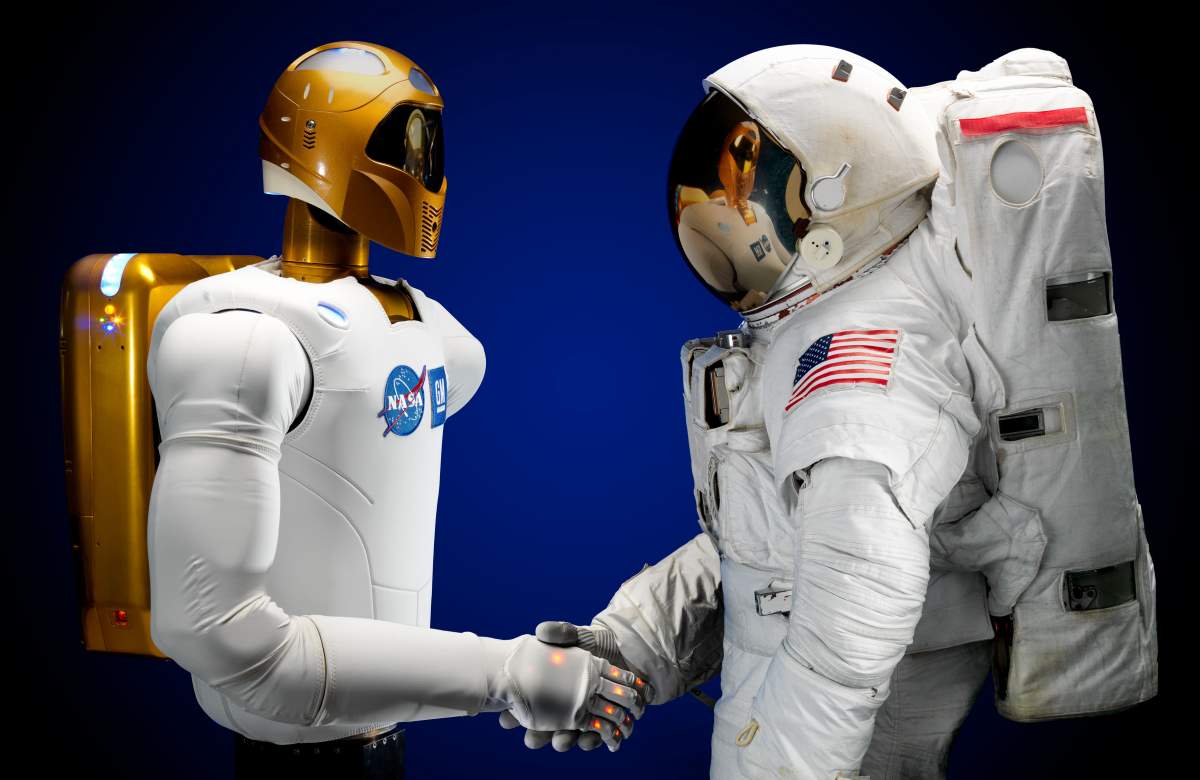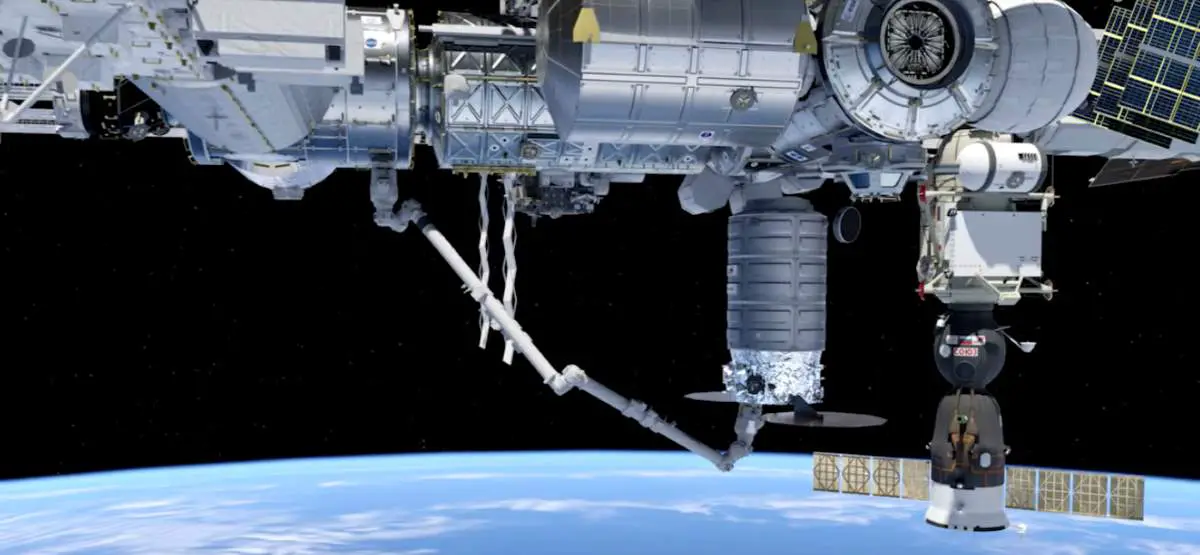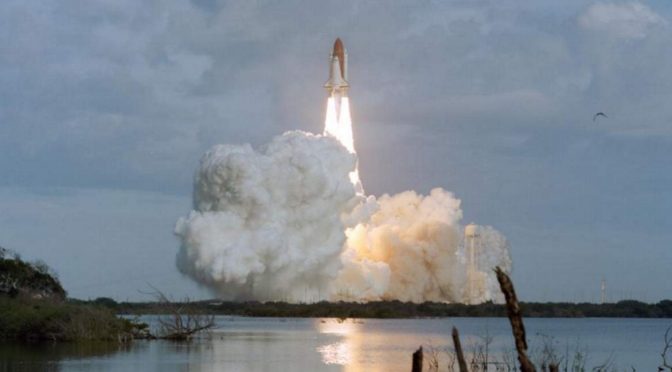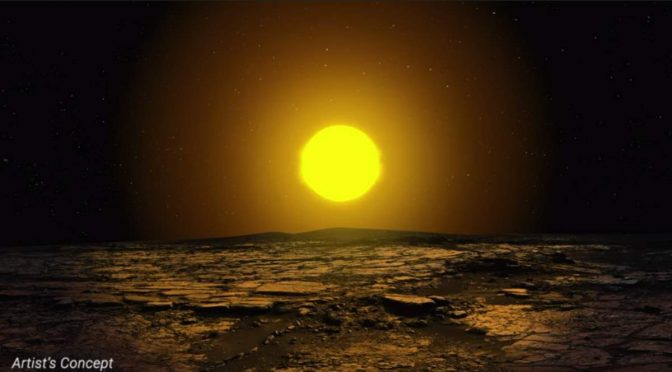Over the course of a decade, technology has rapidly progressed, especially when it comes to robotics. Robots have helped us better investigate and understand space, have made innovation in education more readily available, and some robots have even developed the ability to physically evolve.
Category Archives: Technology
How NASA Reinvented The Wheel
On August 6, 2012, at 05:17 UTC, NASA has successfully landed a Mini-Cooper-sized rover, Curiosity, on Aeolis Palus in Gale Crater on Mars. The 900-kg rover (899 kg, to be exact, which is 1,982 lbs) is equipped with six 50 cm (20 in) diameter wheels in a rocker-bogie suspension (see notes 1). For the first time in …
The Confluence Of Robotics With Space Research And Exploration
Those of us who have grown up watching the iconic space saga Star Wars are quite informed about what robots can accomplish. While that’s only a reel representation, but it definitely points to an abundance of opportunities in the realm of space research.
10 Ways Drone Technology will Influence Our Society in Near Future
Drones have been the talk of the town for quite some time. Beyond their tactical use in wars and espionage, they are effective in making our lives simpler. Being one of the most innovative inventions so far, drones are now a boon for our societies in many ways.
Why can’t we Remake the Rocketdyne F-1 Engine, which took humans to the Moon?
The mighty Saturn V, the rocket that took humans to the moon, remains the tallest, heaviest, and most powerful rocket ever brought to operational status (as of 2018). It was used by NASA between 1967 and 1973. It was powered by five Rocketdyne F-1 engines. With a thrust of 1,746,000 lbf (7,770 kN) in vacuum …
Continue reading “Why can’t we Remake the Rocketdyne F-1 Engine, which took humans to the Moon?”
Soon, the ISS Will Be the Coldest Known Place in the Universe
Where is the coldest known place in the Universe? It may sound strange, but today, it is here on Earth: in 1995, in a laboratory in M.I.T. (Massachusetts Institute of Technology), the German physicist Wolfgang Ketterle and his colleagues have cooled a sodium gas to the lowest temperature ever recorded, only half-a-billionth of a degree …
Continue reading “Soon, the ISS Will Be the Coldest Known Place in the Universe”
TDRS-6 was launched on January 13, 1993
On January 13, 1993, Tracking and Data Relay Satellite 6 (TDRS-6), the American communications satellite launched by Space Shuttle Endeavour. TDRS-6 is still operational today, well past its intended design life”.
Kepler-90i, the 8th Planet Orbiting a Distant Star was Discovered [using AI and Kepler data]
Using data from the exoplanet-hunting Kepler Space Telescope and a machine learning algorithm from Google, researchers discovered an 8th planet orbiting a distant star. The newly discovered planet is circling Kepler-90, a G-type main-sequence star (Sun-like star), 2,545 light-years from Earth. It is named Kepler-90i. According to the press release from NASA, Kepler-90i is “a sizzling …








